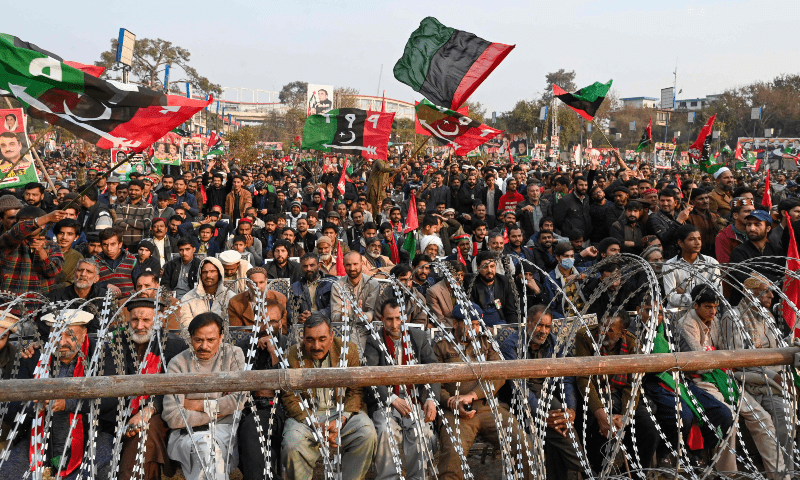(Dr Shujaat Ali Quadri)
Just a day before the general elections in Pakistan, two powerful blasts shook Balochistan’s capital city of Quetta, killing around 28 people. Soon after, the Islamic State- Khorasan group claimed responsibility for the deadly attacks. In total, there were over 50 big and small attacks in Pakistan around the time of elections. One again, Pakistan’s elections were carried out under the shadow of extremist violence. The timing of the elections is evident as parts of Khyber Pakhtunkhwa remain covered in snow during early February and act as a barrier for terrotist groups (like Tehreek e Taliban Pakistan or the TTP).
The threat was not new and a similar pattern has been observed since the 2008 General Elections. The main reason lies in the Pakistan Army’s policy of dealing with terrorism in the post 9/11 era. That is, the army has always worked on ‘managing’ terrorism rather than crushing it. Historically, extremist groups were used by the Pakistan army to maintain strategic depth in Afghanistan, Jammu and Kashmir and the Sistan-Balochistan region of Iran. Nearly all extremist groups like Lashkar-e-Jhangvi, Sipah-e-Sahaba and the TTP locate their origin in Pakistani seminaries.
Despite their involvement in attacks against the government and establishment, a lax approach was adopted against these groups, especially the TTP. The TTP, despite its actions, found sympathy among a wide spectrum of Pakistani politicians and generals alike. The Jamaat e Islami leadership was seen defending the TTP as it wreaked havoc across KP province. Even Imran Khan was seen defending the group despite the latter’s declaration that elections were forbidden
Despite the threats, Pakistan Army and extremists found a common ground in their opposition to the civilian leadership and elections.
As the TTP unleashed violence against Pakistan’s progressive political parties, the Shia community and the Barelvi sect, it changed Pakistan’s electoral landscape, and simultaneously ended up strengthening the Army’s control. Time and Again, the Pakistan Army has tacitly supported extremist groups even at the cost of harming the civilian leadership. The previous general election of 2018 is a clear example where different extremist groups were roped in to fight elections in order to circumscribe Nawaz Sharif’s voter base. The Milli Muslim League, an outfit of the Lashkar e Taiba was allowed to contest elections
The province of Khyber Pakhtunkhwa has suffered the most in these two decades. The Awami National Party, which traces its roots to Khan Abdul Ghaffar Khan, lost an entire generation of leaders to terrorist violence in the previous decade. It was this vacuum that brought Imran Khan’s PTI party to power in KP province for the first time.
When the Pashtun community organized itself as the Pashtun Tahaffuz Movement and demanded justice for those killed and disappeared in anti-terror operations, their leaders were targeted both by terrorists and the intelligence agencies. In the previous general elections, the PTM managed to send two of its leaders Ali Wazir and Mohsin Dawar to the National Assembly from the KP province, this did not change the fate of the Pashtun community. Rather, Ali Wazir had to face repeated incarceration for demanding safety for the Pashtun community.
Another Pashtun leader Mohsin Dawar was badly injured in a police firing in Waziristan recently when he protested against election rigging. Two members from his party National Democratic Movement lost their lives in the protests. Similarly, in Balochistan, it was not the elections but the massive protests led by two young women Mahrang Baloch and Sammi Deen Baloch that caught the attention of the Baloch people. As usual, Balochistan saw a lower voter (35%) turnout than the national average (48%). Even Punjab witnessed 52% voter turnout as against 57% in 2018.
The present elections once again prove that no lessons have been learnt from the previous mistakes and it is the civilian leadership and Pakistan’s citizens that continues to suffer from these policies.
(The Author is the Chairman of the MSO)

